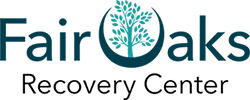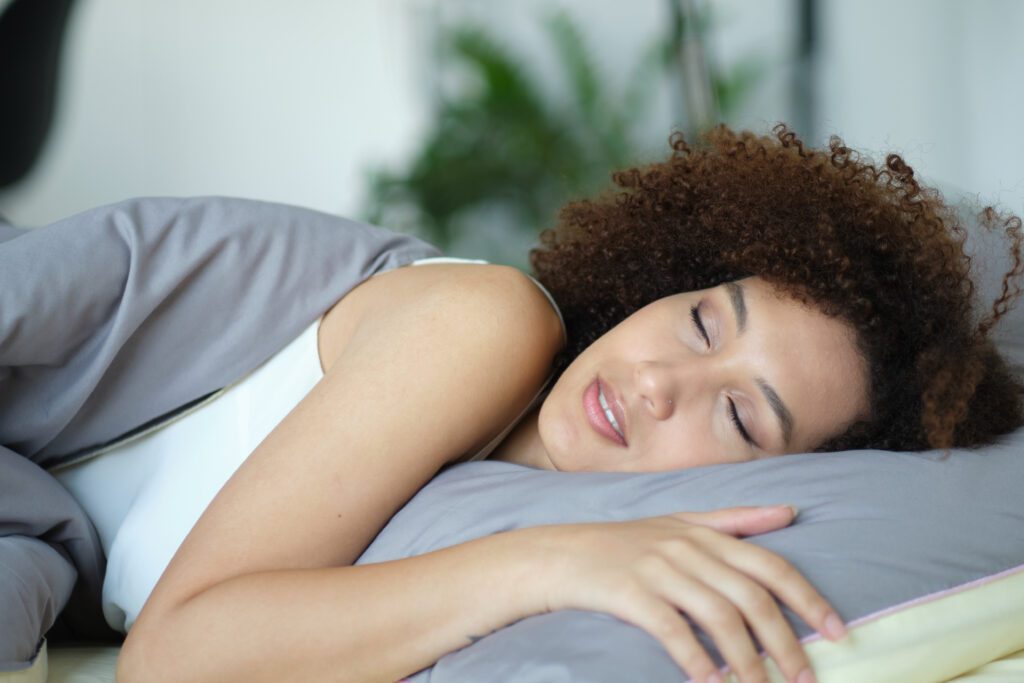Maybe you identify with this anonymous quote: “I don’t understand why people have to ‘get ready’ for bed. I’m always ready for bed.” Whether you struggle with insomnia and related sleeplessness because of transitioning into recovery, life or family changes, or stressful events, take heart. It’s possible to establish a sleep hygiene routine that helps you achieve quality rest and get good sleep.
Wait—What is Sleep Hygiene?
This term refers to a set of practices, behaviors, and environmental factors that contribute to good sleep habits. The goal is to create conditions—both physical and mental—that support healthy, restorative sleep. By optimizing daily routines and sleeping environments, individuals can improve their ability to fall asleep, stay asleep, and wake up feeling refreshed.
Numerous studies indicate that proper sleep hygiene is essential for overall health, as rest plays a vital role in physical recovery, cognitive function, emotional regulation, and immune system performance.
Barriers to Good Sleep
Naturally, quality shut-eye benefits everyone, but when you’re managing addiction recovery, there are often additional obstacles to overcome so you continue to heal and manage substance use disorder, alcohol use disorder, and dual diagnosis symptoms effectively. These include, but aren’t limited to:
- Withdrawal. Early recovery often comes with symptoms such as insomnia, restlessness, or vivid dreams. These make it difficult to fall or stay asleep.
- Emotional adjustments. Anxiety, depression, or mood swings during recovery may exacerbate sleep issues.
- Physical discomfort. Changes in the body, such as muscle aches or gastrointestinal distress, disrupt sleep and make morning grogginess more pronounced.
- Substance-related damage. Long-term substance use alters brain chemistry and disrupts circadian rhythms, requiring time for the body to readjust.
- Environmental factors. A lack of a calm, comfortable sleeping space can also hinder sleep quality.
Despite these challenges, numerous evidence-based methods can help you improve sleep during recovery.
15 Tips for Better Sleep in Recovery
Restful sleep enhances willpower and emotional regulation, which are critical for resisting cravings. It also fosters a positive outlook, making it easier to stay motivated and committed to recovery and mood disorder maintenance goals. Here are some ideas to help make good sleep a ritual.
- Stick to a Consistent Sleep Schedule
Go to bed and wake up at the same time every day, even on weekends. Consistency helps regulate your body’s internal clock and improve the quality of your sleep. If you need a power nap, keep it to 15–20 minutes.
- Create a Relaxing Bedtime Routine
Engage in activities an hour beforehand that cue your body it’s time to rest. These might include reading a book, taking a warm bath, listening to soothing music, or practicing relaxation techniques.
- Limit Screen Time Before Bed
Although the research varies on the effects of blue light, the consensus is for some people, electronic devices like smartphones, tablets, and computers can suppress melatonin production, a hormone that regulates sleep. Avoid screen time at least an hour before bed.
- Avoid Caffeine and Nicotine
Stimulants like caffeine and nicotine interfere with falling asleep and stay in your system for hours. Limit consumption to earlier in the day, ideally before noon. Consider switching to fully decaffeinated beverages in the afternoon and evening.
- Keep Your Bedroom Cool and Dark
The National Sleep Foundation recommends that you “keep the room temperature cool, between 60 to 67 degrees,” as this range promotes better sleep. Also, make sure your bedroom is dark and quiet—consider using blackout curtains or earplugs to minimize light and noise, too.
- Invest in a Comfortable Bedding
The right sleep setup significantly improves sleep quality. Choose a mattress and pillow that provide not only adequate support but also exceptional coziness. If you’re experiencing pain or discomfort, consider consulting with a healthcare professional or a sleep specialist.
- Establish a No-Work Zone
Reserve your bedroom for sleep and relaxation only. Avoid working, studying, or engaging in other stimulating activities in bed. This helps you associate your bedroom with sleep and create a peaceful environment conducive to rest.
- Use Relaxing Sounds
For many people, background atmospheres such as white noise, nature sounds, calming music—even a fan—block out distractions to create a more soothing sleep environment.
- Avoid Large Meals Before Bed
You might be familiar with this already, but eating heavy or spicy meals close to bedtime causes discomfort and restlessness. Opt for light, easily digestible snacks if you’re hungry prior to slumber.
- Limit Sugary Foods
Medical Associates of Northwest Arkansas cites numerous studies that indicate how “consuming sugar disrupts the delicate balance of various hormones and neurotransmitters, including cortisol, melatonin, and serotonin, which can lead to sleep disturbances.”
- Engage in Regular Physical Activity
Following a consistent exercise routine improves sleep quality and duration. Aim for at least 30 minutes of moderate-intensity exercise most days of the week. However, avoid intense workouts close to bedtime, as they may be stimulating and make it harder to fall asleep.
- Practice Relaxation Techniques
Deep breathing, meditation, and progressive muscle relaxation reduce stress and anxiety, ease your mind, and prepare you for sleep. Consider incorporating these techniques into your bedtime routine or practicing them during the day to manage stress levels.
- Try Aromatherapy
Certain scents, such as lavender and chamomile, have calming effects that can promote rest and relaxation. Try different essential oils, sprays, or diffusers in the room.
- Address Nighttime Worries
If you find yourself ruminating at night, keep a journal by your bed to jot down thoughts or to-do lists. This helps clear your mind and reduce anxiety. You may also find it helpful to practice gratitude or positive self-talk before bed.
- Consider Professional Help if Needed
If you’re struggling with chronic sleep problems or insomnia, consult a healthcare provider or a sleep specialist who can assess your sleep patterns and recommend treatment options, such as cognitive behavioral therapy for insomnia, or evaluate you for certain conditions, such as sleep apnea.
Fair Oaks’ Whole-Person Philosophy of Care
Fair Oaks Recovery Center in Sacramento, California is a licensed Chemical Dependency Recovery Hospital, issued by the California Department of Public Health to addiction rehabilitation and dual diagnosis treatment facilities. Our board-certified professionals take pride in offering you evidence-based treatment and holistic therapies so you can create lifelong wellness. Contact our admissions team today to learn how this philosophy can help you.



